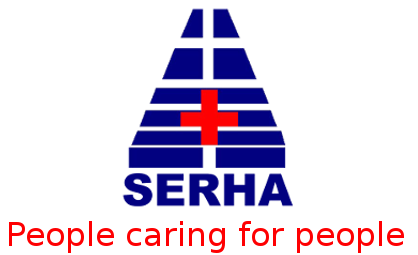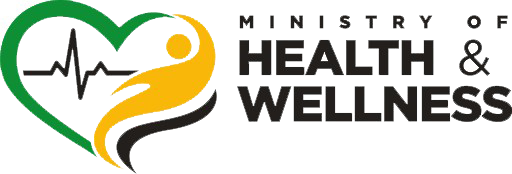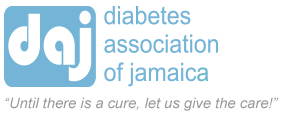Opening Hours: Monday-Saturday: 8:00AM - 5:00pm
Our doctor and her caring teams treat a wide range of medical conditions and injuries for patients of all ages, genders, and states of health
But the “family” in family doctor matters, too. Seeing multiple generations of a family can help a doctor record an accurate, in-depth family health history. For example, if the doctor know you had cancer at a young age, and so did your mother, that’s a red flag. The doctor will recommend genetic counseling and offer a screening plan not only for you but also for other family members at risk.
There’s ample evidence — that using more primary care saves money for a healthcare system. And data suggests that adding one primary care physician (such as a family doctor) for every 10,000 people can lower hospital admissions by 5.5 percent, emergency room visits by 11 percent and surgeries by 11 percent.
Those numbers are even more impressive than cost savings. Family doctors can certainly save the country money, but more important, they can offer your family better health.
An emergency is a valid reason to visit the emergency room — but far too many Jamaican use the ER or urgent care as their primary source of care.
‘Emergency Care‘ means inpatient and outpatient hospital services necessary to prevent the death or serious impairment of the health of the recipient. There is a Difference Between an Urgent Care and an Emergency Room. You’re injured or ill. … While emergency rooms serve those with life threatening situations, an urgent care can treat those needing immediate, less serious care—and typically do it more affordably.
Increasingly, members of the health professions, policymakers, and the Jamaican public understand the importance of health promotion, disease prevention, and population health across a spectrum of issues affecting health, including chronic disease management, emerging infectious diseases, emergency preparedness, disparities in health and healthcare services, and the impact of behavior and lifestyle choices.
Increasingly, we realize the inadequacy of disease-based, episodic, acute care intervention for addressing these issues. Nevertheless, a focus on prevention and population health continues to lag behind the emphasis on one-on-one treatment. Until prevention is thoroughly integrated into all aspects of our healthcare system, measurable progress addressing these issues will elude us.
Medical history is just part of the picture. Sometimes it helps to know what’s happening at home, too. When treating a child whose parent just lost a job, for instance, that information comes into play when assessing stress and anxiety. When your doctor treats you for years, they get to know your medical history inside and out.
Health literacy is the degree to which individuals have the capacity to obtain, process, and understand basic health information needed to make appropriate health decisions. The data were analyzed based on three levels of health literacy: the basic, communicative, and critical level. Health literacy is important for everyone because, at some point in our lives, we all need to be able to find, understand, and use health information and services. … Health literacy can help us prevent health problems and protect our health, as well as better manage those problems and unexpected situations that happen.
Health literacy is the use of a wide range of skills that improve the ability of people to act on information in order to live healthier lives. These skills include reading, writing, listening, speaking, numeracy, and critical analysis, as well as communication and interaction skills.”





